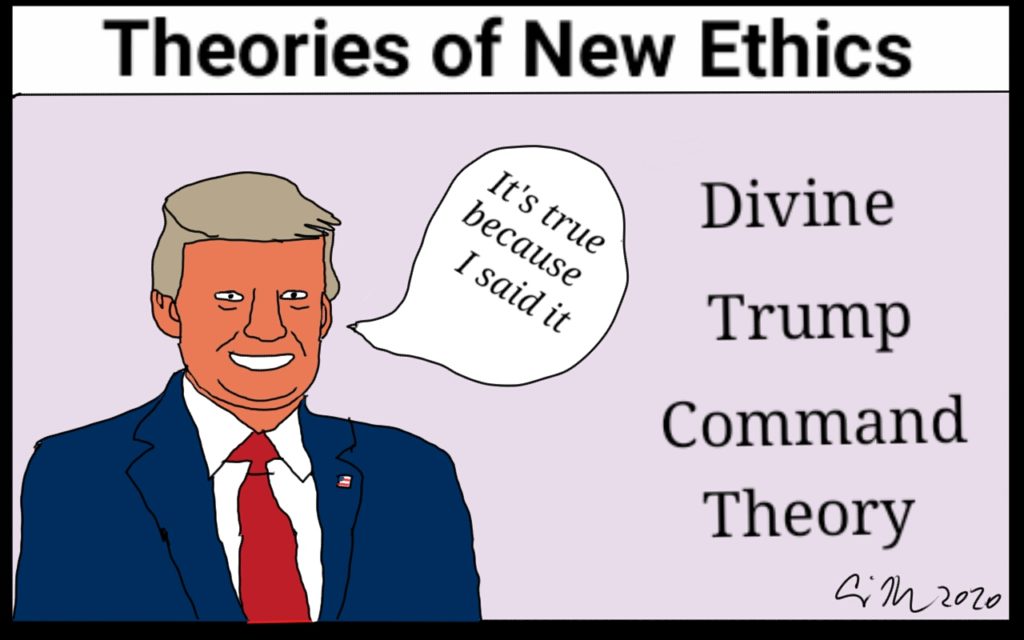by Mack Lipkin MD & Arthur Caplan, Ph.D.
The President’s doctor recently chose to triangulate himself in an ethical/policy crossfire between his patient’s right to privacy, Medicine’s professional standards requiring honesty, and the public’s need to know whether and to what extent the President’s ability to fulfill his essential duties was compromised. Caught in the crossfire were his and the White House’s credibility, the public’s sense of stability in our leadership, and national security.
Every patient, President or paralegal, has an absolute right to privacy. This right, intrinsic to medical ethics from the Hippocratic Oath to the current AMA Principles of Medical Ethics (“A physician shall…safeguard patient confidences within the constraints of the law.”), is a medical necessity. Without it, patients would fear to tell their doctors the whole story. The right is reified in our national privacy law HIPAA. However, the law is dysfunctional: Only caregivers and payers can know patient information, frustrating many a parent and spouse.
Should the right to privacy be absolute? In the law, it is only absolute—once a doctor compromises it by cherry picking and revealing anything outside the wall of confidentiality, they are in deep trouble, national security notwithstanding. Trump apparently had his doctors sign non-disclosure agreements. He need not have bothered. The law and ethics demanding privacy are firmly on his side. Should we bore a hole in the wall of privacy for Presidents? More on that to follow.
In medicine, of course any patient has a right to decide whom to tell what. But can you direct your physician to lie or deceive, or give a direct order to a military physician as commander in chief to fudge the facts, Yes, the patient can do and try anything, by the ethical principle of autonomy. But must the doctor comply? Herein lies a conflict.
By medical necessity again, physicians must be honest. They cannot safely or efficiently operate our complex systems of care if the links in the chains of diagnosis and treatment are corroded. If a doctor says she did an examination and it was negative, we require, with life or death stakes sometimes, confidence in that report. Thus, while doctors tolerate most human frailties in their colleagues and trainees, lying is intolerable.
Honesty is also a high professional standard, vis-a-vis the AMA Principle of Medical Ethics: “A physician shall uphold the standards of professionalism, be honest in all professional interactions, and strive to report physicians … engaging in fraud or deception…”

But in the real world, situations are messy, tangled, rife with ambiguity. As we tell our students, residents, and fellows when they ask for advice before a high stakes interview, be completely honest but not completely candid. It is ethical to withhold details of a patient’s care, but not okay to lie, deceive, or mislead about it.
We believe that while privacy is a core value, lying is not. Violations of medicine’s standard of honesty should have repercussions. Thus, we call on the AMA to create a timely, expert, non-partisan process to adjudicate high stakes violations with punishment to include formal censure and threat to license.
Back to the President and privacy. In the Walter Reed news conferences, facts like use of oxygen, imaging (x-ray, CT) findings and oxygen saturation levels were evidently lied about or evaded by omission or commission. But so what? What does the public need to know?
The public needs credible assurance that the nation is safe and secure. Can anyone expect this medical team serving this President to provide an expert, objective assessment of function and compromise which national wellbeing and security require? Obviously not. So, we call on Congress to create an independent, expert, non-partisan body to assess fully a President’s abilities to perform their duties and the conditions under which such an assessment is mandatory. Privacy must yield when a President seems or is ill or impaired. Doctors can’t lie to the nation, ever. Presidents, unlike you and me, can’t expect complete privacy when the nation and world depend on their health.